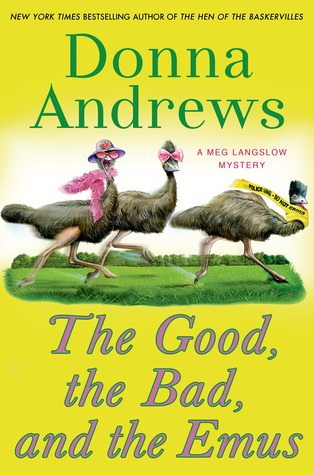 Jensen's book has a lot of humor, heart, and action, and if not everything is plausible, well, it's a super hero story.
Jensen's book has a lot of humor, heart, and action, and if not everything is plausible, well, it's a super hero story.In the Bailey family, everyone over the age of twelve gets their super power on February 29th at 4:23 p.m. So Rafter and Benny are eagerly awaiting the powers that they'll use to fight their arch-enemies, the Johnsons. But when the pivotal time comes and goes, they discover that their powers are, respectively, the ability to light a match on polyester, and turning an innie belly button into an outie. (Incidentally, my kids and I had a hilarious dinner-time discussion trying to come up with our own useless super-hero abilities).
All this would be bad enough, but now they have to face Juanita Johnson at school. But when a chance conversation with Juanita reveals that the Johnsons think *they* are the super-heroes and the Baileys are the villains, and that an unknown enemy might be using their long-time enmity to conceal a real villainous plot, Rafter discovers that they have a chance to be . . . almost super.
This really is a fun book: the story rockets along and the characters are funny and likeable. (If some of the adults are a little dense, that just lets the kids shine more). A great book for younger readers.


